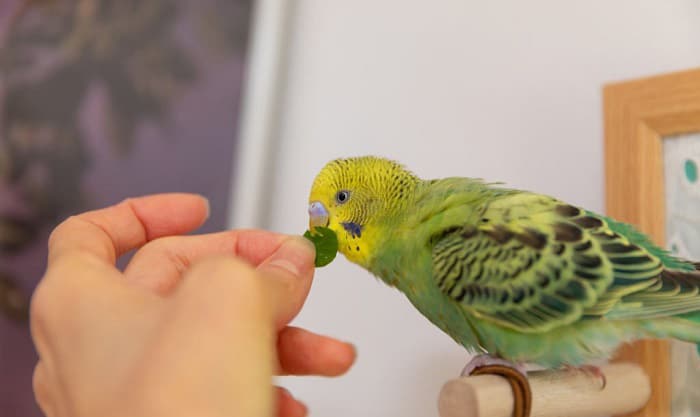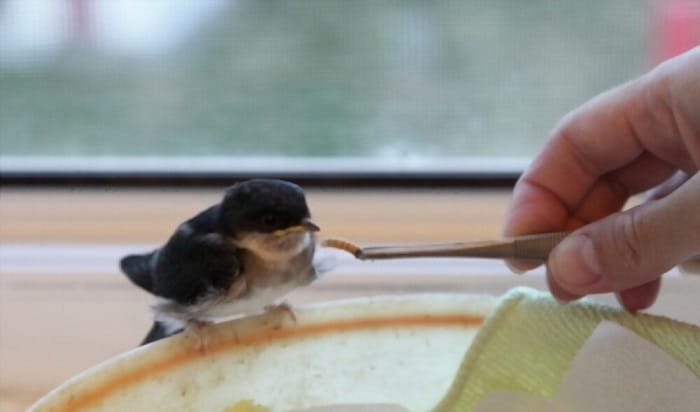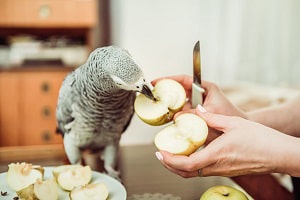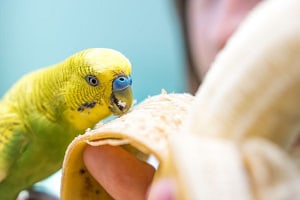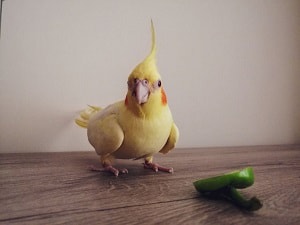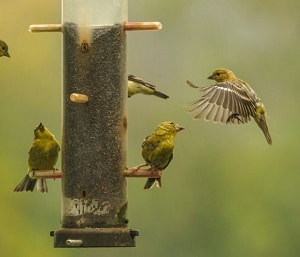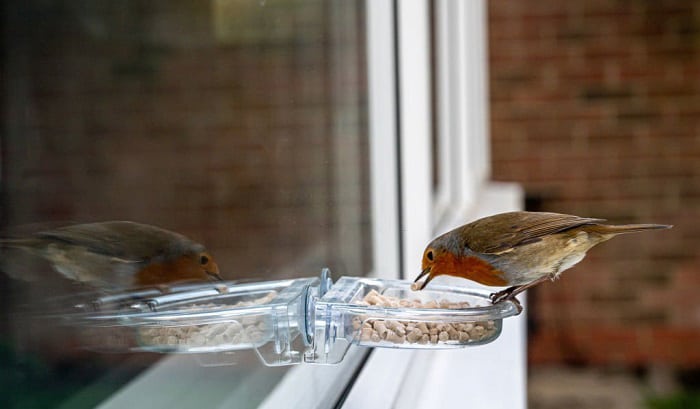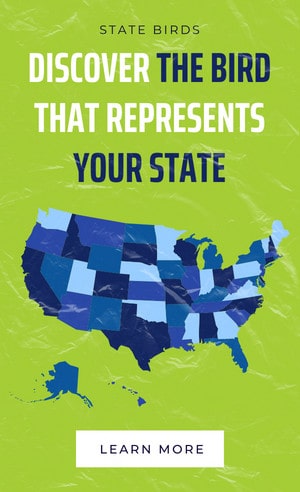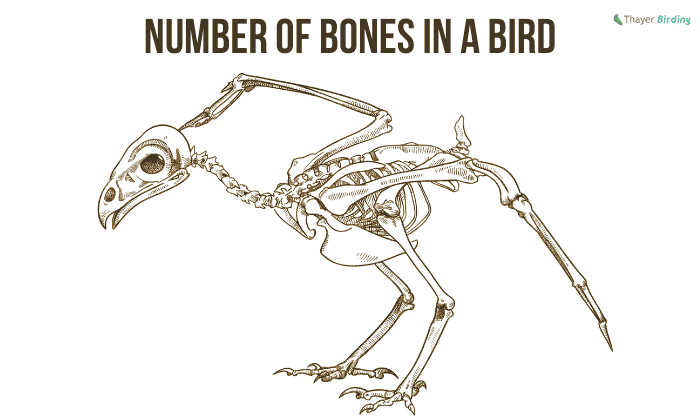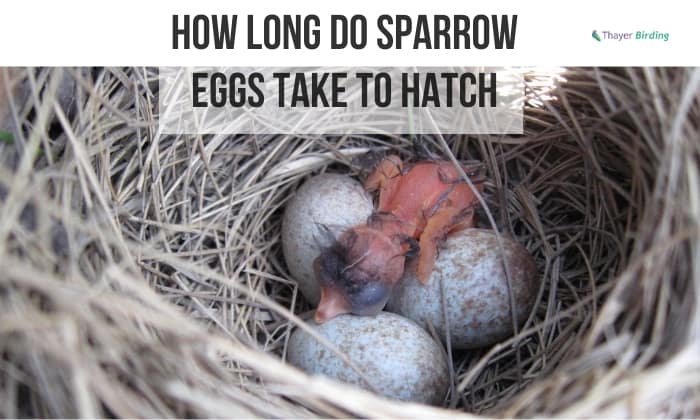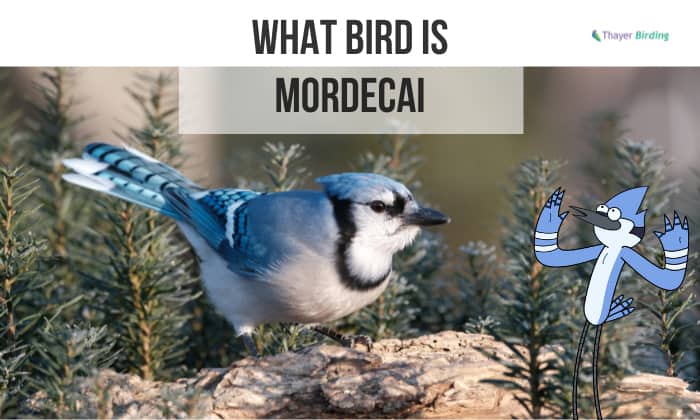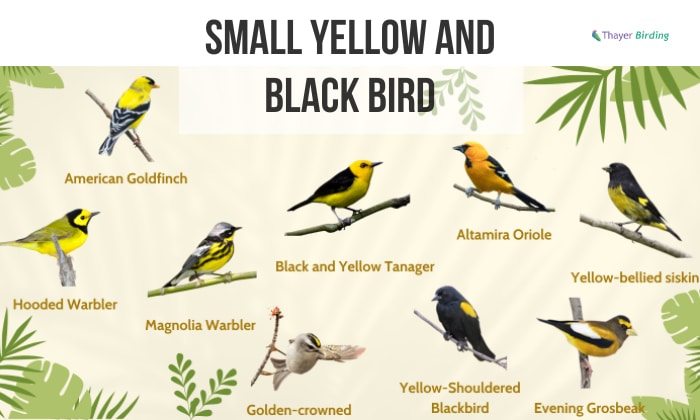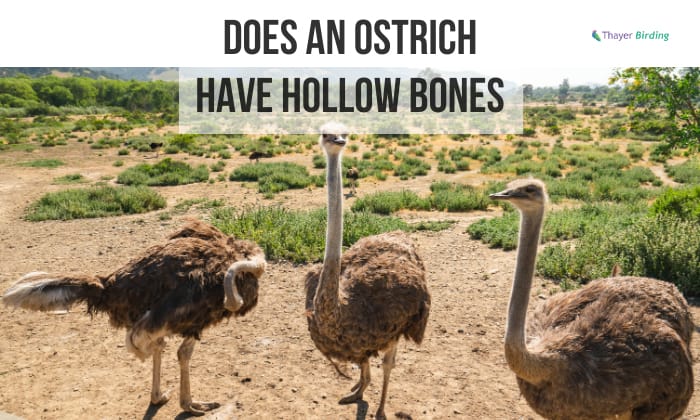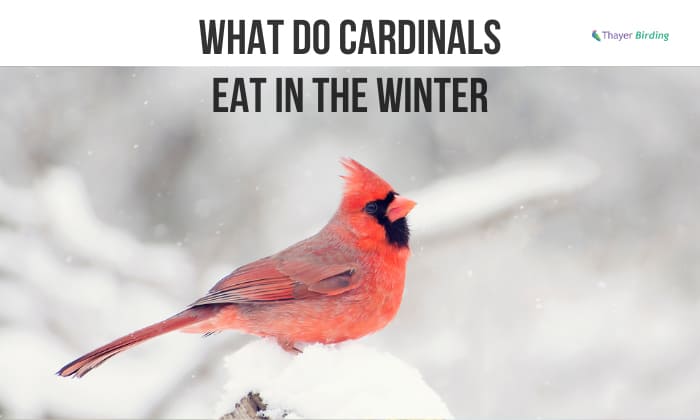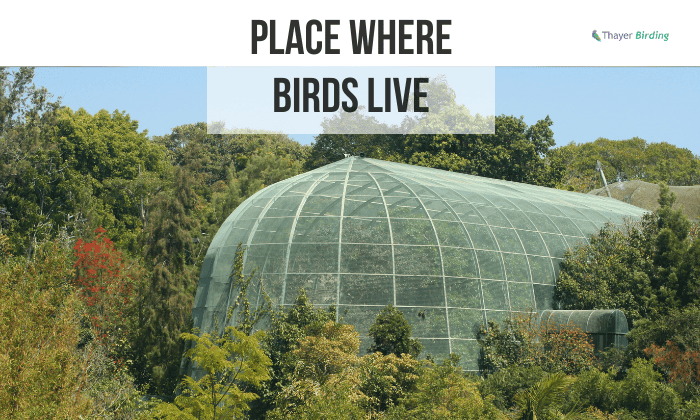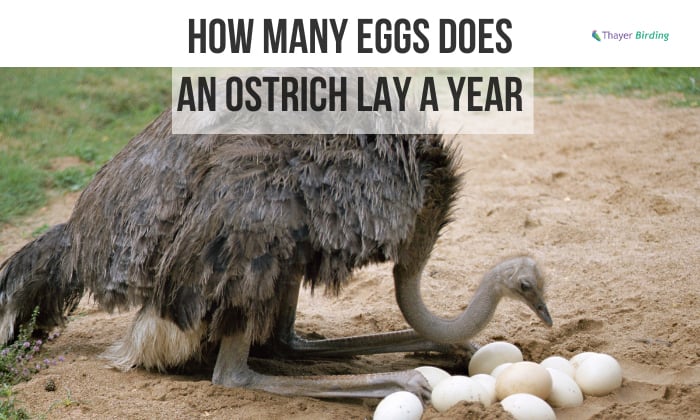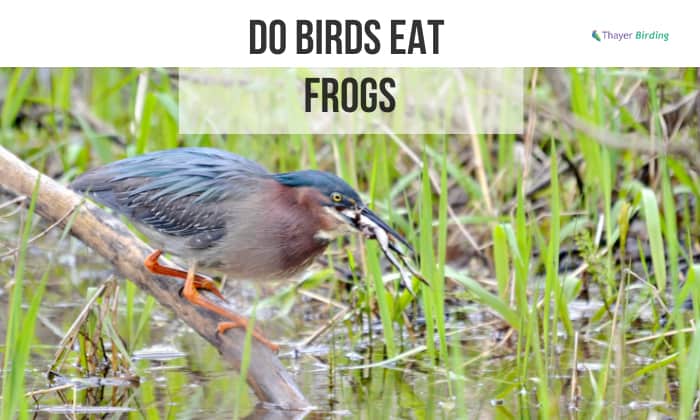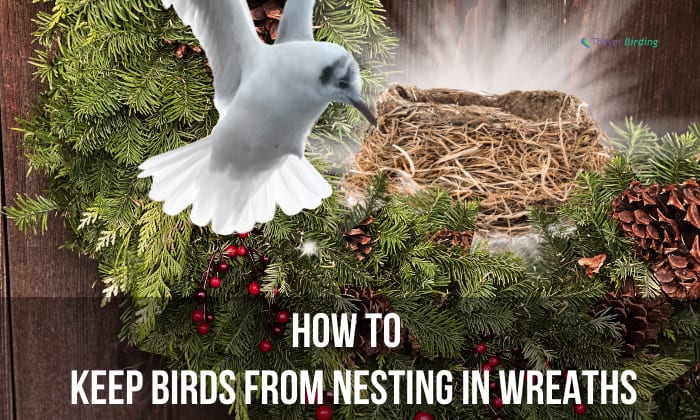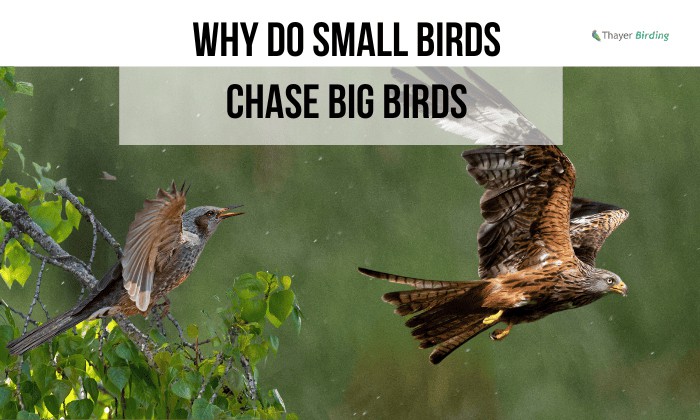Sometimes, your feathered friends get tired of eating bird seeds from your feeder. They require a variety of foods, and you can definitely get some from your kitchen. However, keep in mind that not all edibles in your kitchen are good for birds.
So if you want to know what to feed birds from the kitchen, you came to the right place. You can safely offer fruits, vegetables, pasta, cheese, eggs, pet food, meat, and bread to your feathered visitors.
Table of Contents
- Essential Information About Kitchen Foods to Feed Birds
- Safe Foods From the Kitchen for Birds
- Food #1: Baked products
- Food #2: Apples
- Food #3: Pasta
- Food #4: Raisins
- Food #5: Banana
- Food #6: Cheese
- Food #7: Oatmeal cookies
- Food #8: Meat
- Food #9: Vegetables
- Food #10: Peanuts
- Food #11: Pet food
- Food #12: Pumpkin, melon, or squash seeds
- Food #13: Eggs
- Food #14: Potatoes
- Food #15: Jelly
- Food #16: Rice
- Food #17: Coconut
- Kitchen Foods to Never Feed Birds
- Conclusion
Essential Information About Kitchen Foods to Feed Birds
Every day, you fill your bird feeder with bird seeds, mealworms, nuts, suet, and other avian treats. Though the visiting birds love them, they can sometimes try something else from your kitchen. And if you’re wondering what can you feed birds from your kitchen, we have the complete list.
Safe Foods From the Kitchen for Birds
By using kitchen scraps, you can save money and keep the backyard birds full. Plus, by following this route, you’re utilizing excess food and not wasting it as garbage.
The good news is, you never have to worry about the nutritional value of kitchen scraps. They are a perfect substitute for bird foods, and they contain fats, carbohydrates, and protein.
Additionally, you can mix bird foods with kitchen scraps. By doing this, your feathered friends will find your feeder more interesting.
So to attract more birds to your feeder, consider the following kitchen foods:
Food #1: Baked products
What can birds eat from home? Baked goods will do. Simply break the baked products into small pieces, and even soak stale foods in water for easier feeding.
Food #2: Apples
Apples are one of the favorite fruits of birds. Avian species such as robins, pine grosbeak, cedar waxwing, bluebirds, woodpeckers, and northern flickers specifically love apples.
However, make sure to throw away the seeds because they contain cyanide that is fatal to living creatures. And of course, cut the apple into tiny pieces prior to offering them to birds.
Food #3: Pasta
Pasta is rich in carbohydrates and should be used to feed birds in winter from the kitchen. In the freezing temperature, avians do need enough energy to survive. However, offer plain-cooked pasta only, without the sauce.
Food #4: Raisins
It’s important to soften raisins before giving them to birds. However, avoid dried fruits with sugar or chocolate coatings. And if the raisins are not eaten by birds after a while, don’t try to reuse them.
Food #5: Banana
Banana is a good fruit to feed wild birds from your kitchen. It’s convenient because it’s also human food. Moreover, both green and ripe bananas would do.
Food #6: Cheese
Brown thrashers, wrens, and catbirds are three of the avian species that like feeding on stale cheese. You can serve cheese directly to birds, but never opt for cream cheese or any type of soft cheese.
Wanna know what can you feed birds instead of bread? Oatmeal cookies or even dry oatmeal can be great meals. It also makes sense to combine this food with fruits.
Food #8: Meat
When you’re cooking meat for lunch, leave a few scraps for your favorite birds. This kind of food is rich with protein, and it’s perfect for avians. But of course, feed meat only without seasoning. And place only a small amount on the feeder to ensure that it will not get spoilt.
Food #9: Vegetables
Vegetables are healthy alternatives to bird seeds. Just make sure to cut the vegetables in tiny pieces before you feed them to the birds. Fresh vegetables are recommended, but you can opt for canned ones too.
Food #10: Peanuts
Peanuts are rich with fats, protein, and nutrients that are beneficial for the health of birds. However, choose peanuts with zero sugar, no salt, and roasted.
Peanut butter will also work. Spread some of it on tree trunks, and pick organic products for the best results.
Food #11: Pet food
If you have dogs or cats in the house, then you can share their food with the birds. Cat and dog foods, biscuits, and kibble should be soaked with water until they’re spongy if you’re feeding baby birds. But for adult birds on your feeder, dry pet foods are good to go.
Food #12: Pumpkin, melon, or squash seeds
If you’re looking for a birdseed alternative in your kitchen, you’ll be happy to know that you can use pumpkin, melon, or squash seeds. Nuthatches, grosbeaks, titmice, and cardinals are fond of these. However, toast them first prior to feeding the birds and turn them from time to time to prevent burning.
Food #13: Eggs
Hard-cooked eggs are filled with nutrients, and they’re good for birds. Slice the eggs and place them in the feeder for the avians to feed. Also, you can chop the egg shells and serve them to your feathered visitors. They are actually rich in calcium, which helps the development of avians.
Food #14: Potatoes
Birds get energy from carbohydrates, and so potatoes are one of the best kitchen foods to offer. But, never use raw potatoes since they contain a toxic substance to avians.
Cook the potatoes first without any seasoning, peel them, and cut them into small pieces. You can also mash the potatoes and place them in your platform feeder.
Food #15: Jelly
Jelly is a good food for birds at home, especially when it has less sugar. The jelly should not be sugar-free or combined with other ingredients. Moreover, it is best to use small dishes to serve jelly and keep the feeding area free of insects or pesticides.
Food #16: Rice
Birds like grains, and rice is great for feeding birds. You can serve it raw or cooked. Whatever way you choose, rice is definitely a safe kitchen food for avians. By eating rice, birds gain protein and they acquire energy to thrive, especially on frosty nights.
Food #17: Coconut
Coconut is a great source of saturated fats, which is good for birds. You can cut the coconut in half, drink the water yourself, and serve the two halves to the backyard birds.
Also, make sure the coconut is fresh and free of shells.
Kitchen Foods to Never Feed Birds
There are indeed many kitchen foods can birds eat from your kitchen that are safe. However, there are also edible items in your home that must never be offered to the avian species. These foods are:
- Avocado – contains an acidic chemical that can cause heart problems that can be fatal for birds.
- Chocolate – rich in caffeine and theobromine that are toxic and deadly for avians.
- Salty snacks – cause dehydration, which is harmful to birds. They also lead to kidney failure.
- Onions and garlic – causes severe digestive problems in avians, especially in large amounts.
- Alcoholic beverages – disrupt the internal system of birds and can cause their death.
- Xylitol – artificial sweetener found in sugarless foods for diabetics. Can cause hypoglycemia in animals and can kill them.
- Milk – not ideal for birds, can lead to indigestion, upset stomach, and serious sickness.
- Mushroom – leads to digestive upset, liver failure, and fatality, especially the stems and caps.
- Raw beans – cooked beans are good for birds, but raw ones cause a choking hazard.
Conclusion
It’s never a good idea to waste food, but kitchen scraps keep piling up in many households. Indeed, knowing what to feed birds from the kitchen can resolve your problem of wasted food scraps.
Kindly share this article to your social media if you like it. We would love to hear what you think as well. Leave us a message.

George and I became friends after a birdwatching trip with our new group. And we have been enjoying every adventure together. When he told me the idea of establishing a site that shares our experiences and fun, I immediately agreed. After trials and errors, here we have Thayerbirding.


